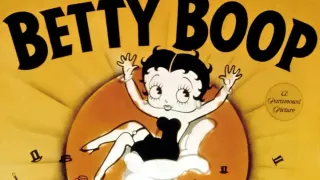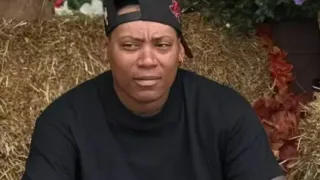May 6, 2019
Highway Patrolman
Sam Cohen READ TIME: 3 MIN.
Director/writer Alex Cox is one of those filmmakers that is loved by so many of my peers, but I'm just not as familiar with as I'd like to be. After talking with another critic about "Highway Patrolman," it became immediately clear that Cox isn't the kind of artist that goes into his projects hastily. Most of his successful films required deep research before the camera even rolled. And with Kino Lorber's new 4K restoration accompanied by a slew of featurettes that provide more than just a glimpse behind his process, you can see why he's loved by so many.
Pedro (Roberto Sosa) just passed his exams and is now a proud member of the Federal Highway Patrol in Mexico City. At first, he wants to do good by the community as he sees so much in injustice being done in the country, especially with the Americans using Mexico City as a place to run drugs out of. Soon he becomes corrupted by many things, but primarily that the desire to do good doesn't really matter when the foundation on which he stands was built by those who succumbed to greed instead of upholding the law. Tracking Pedro as he tries to find solace in a world with few places for it, he lashes out in the direction of whomever and whatever he thinks is to blame for society's ills.
From 1988 to 1996, Cox made a couple of features in Mexico that dealt with his obsession of people struggling with society. While that may sound like a pretty broad subject, writer/producer Lorenzo O'Brien helped him to home in on what was unique about Mexico and its culture without coming from an outsider perspective. Cox displayed with "Repo Man" that he's obsessed with those tied down by their duties to their occupation and how that can actually corrupt the human mind. In "Highway Patrolman," while much of that remains, whoever watches this is subjected to an emotional odyssey on par with what Sergio Leone was doing with his westerns. Leone was also one of Cox's biggest influencers.
Shot in 'plano sequencia,' which means long takes with handheld cameras, Cox pays very close attention to Pedro's descent and abuse of power. In "Highway Patrolman," it starts about upholding a code that doesn't really benefit the people of Mexico and in the end, it's about developing a code that works for the individual. A code that when stuck to, benefits all those that come into Pedro's orbit. And Cox, unlike many filmmakers faced, is able to showcase that moral devolution without stripping Pedro's arc of what makes it unique to Mexican culture. Every character that inhabits the narrative is shown the same kind of empathy and introspection that Pedro gets whether it through actual dialogue or action in a scene.
The new Blu-ray of "Highway Patrolman" comes with a long list of features that for you to dig your teeth into. There's an incredible mini-doc titled "Patrulleros & Patrulleras" shot in 2004 that revisits the film with interviews of the cast and crew. An interesting fact is that Miguel Sandoval, the Casting Director on "Highway Patrolman," passed up a role in Quentin Tarantino's "Reservoir Dogs" to continue work on Cox's project. In that small moment, you can see the lasting impression that Cox made on his collaborators, many of which are from Mexico. Other special features include:
� Audio Commentary by director Alex Cox and writer/producer Lorenzo O'Brien
� Edge City - Short film by Alex Cox
� From Edge City to Mapimi
� Even Stones Bleed Out Here: Highway Patrolman Rides Again - Limited Edition Booklet Essay by Simon Abrams
� 2018 Re-release Trailer
� Newly Commissioned Art by Jacob Phillips
"Highway Patrolman"
Kino Lorber Blu-ray
$29.95
https://www.kinolorber.com/product/highway-patrolman-special-edition-dvd






